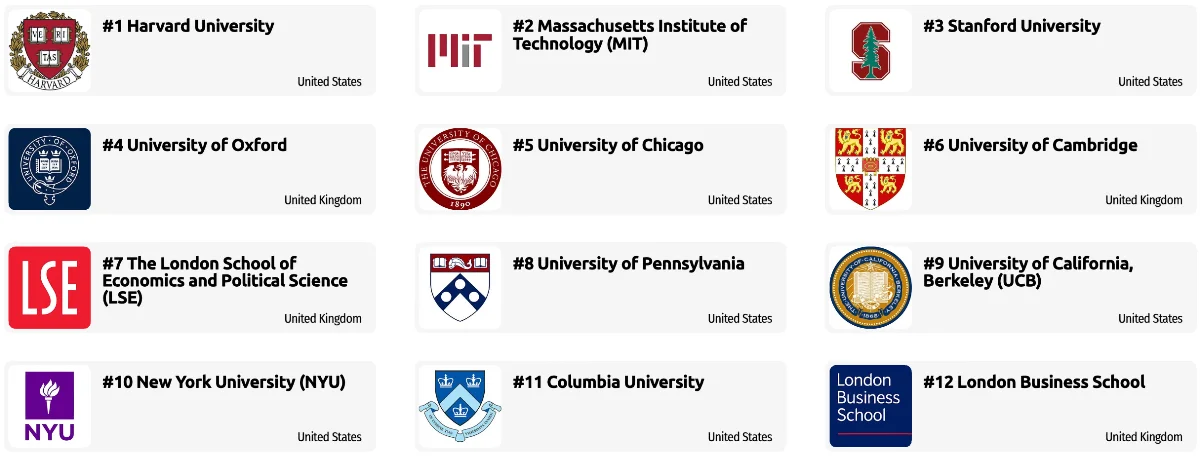Inspector

Inspectors should be great at:
- Estimating sizes, distances, and quantities; or determining time, costs, resources, or materials needed to perform a work activity.
- Observing, receiving, and otherwise obtaining information from all relevant sources.
- Identifying information by categorizing, estimating, recognizing differences or similarities, and detecting changes in circumstances or events.
- Inspecting equipment, structures, or materials to identify the cause of errors or other problems or defects.
Technician

Technicians will often be asked these tasks:
- Providing documentation, detailed instructions, drawings, or specifications to tell others about how devices, parts, equipment, or structures are to be fabricated, constructed, assembled, modified, maintained, or used.
- Using computers and computer systems (including hardware and software) to program, write software, set up functions, enter data, or process information.
- Servicing, repairing, calibrating, regulating, fine-tuning, or testing machines, devices, and equipment that operate primarily on the basis of electrical or electronic (not mechanical) principles.
Other work activities related to Loan interviewers and clerks
- Verifying and examining information and accuracy of loan application and closing documents.
- Interviewing loan applicants for obtaining personal and financial data and to assisting in completing applications.
- Assembling and compiling documents for loan closings, such as title abstracts, insurance forms, loan forms, and tax receipts.
- Answering questions and advising customers regarding loans and transactions.
- Contacting customers by mail, telephone, or in person concerning acceptance or rejection of applications.
- Recording applications for loan and credit, loan information, and disbursements of funds, using computers.
- Preparing and typing loan applications, closing documents, legal documents, letters, forms, government notices, and checks, using computers.
- Presenting loan and repayment schedules to customers.
- Calculating, reviewing, and correcting errors on interest, principal, payment, and closing costs, using computers or calculators.
- Contacting credit bureaus, employers, and other sources to checking applicants’ credit and personal references.








